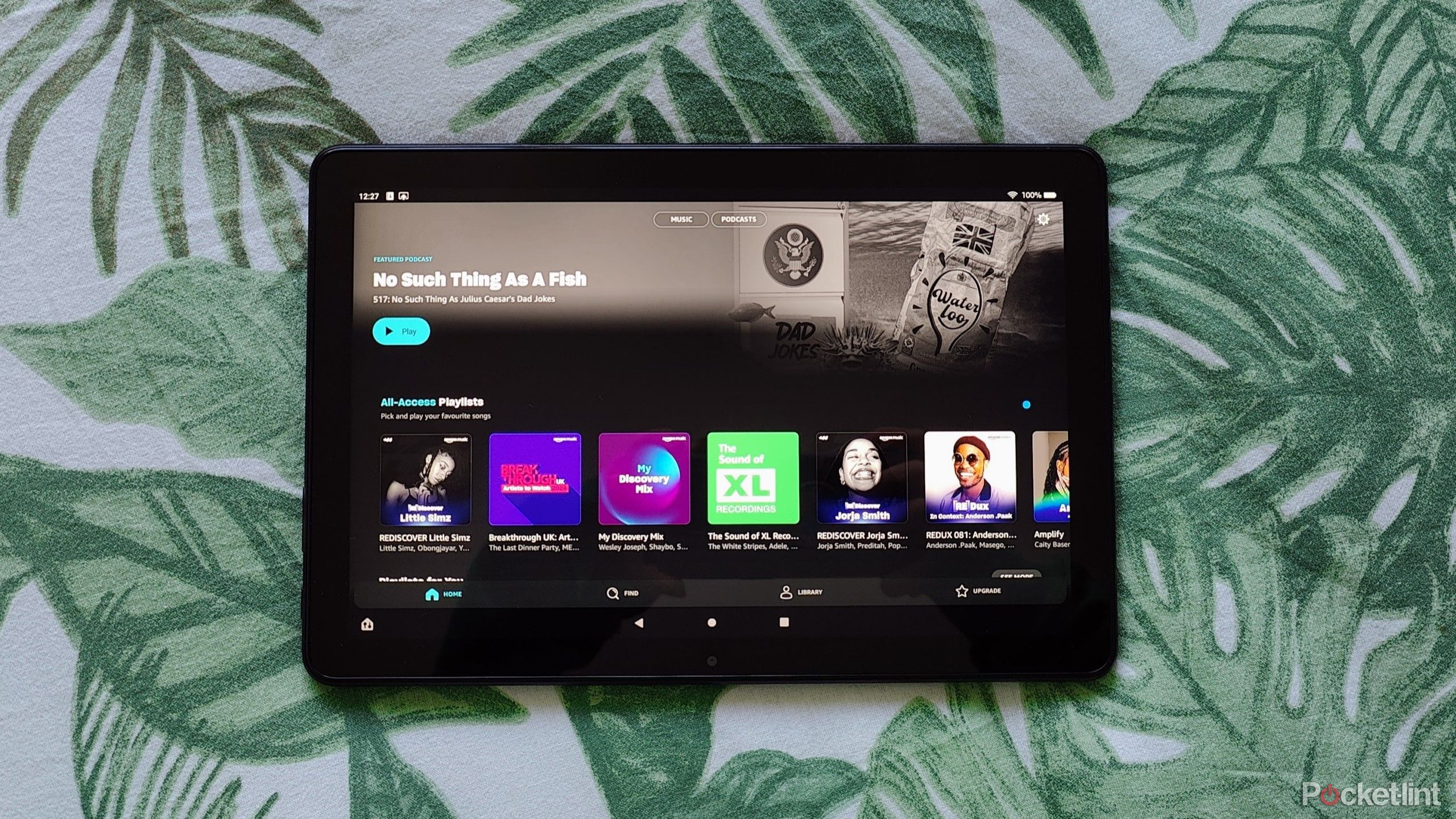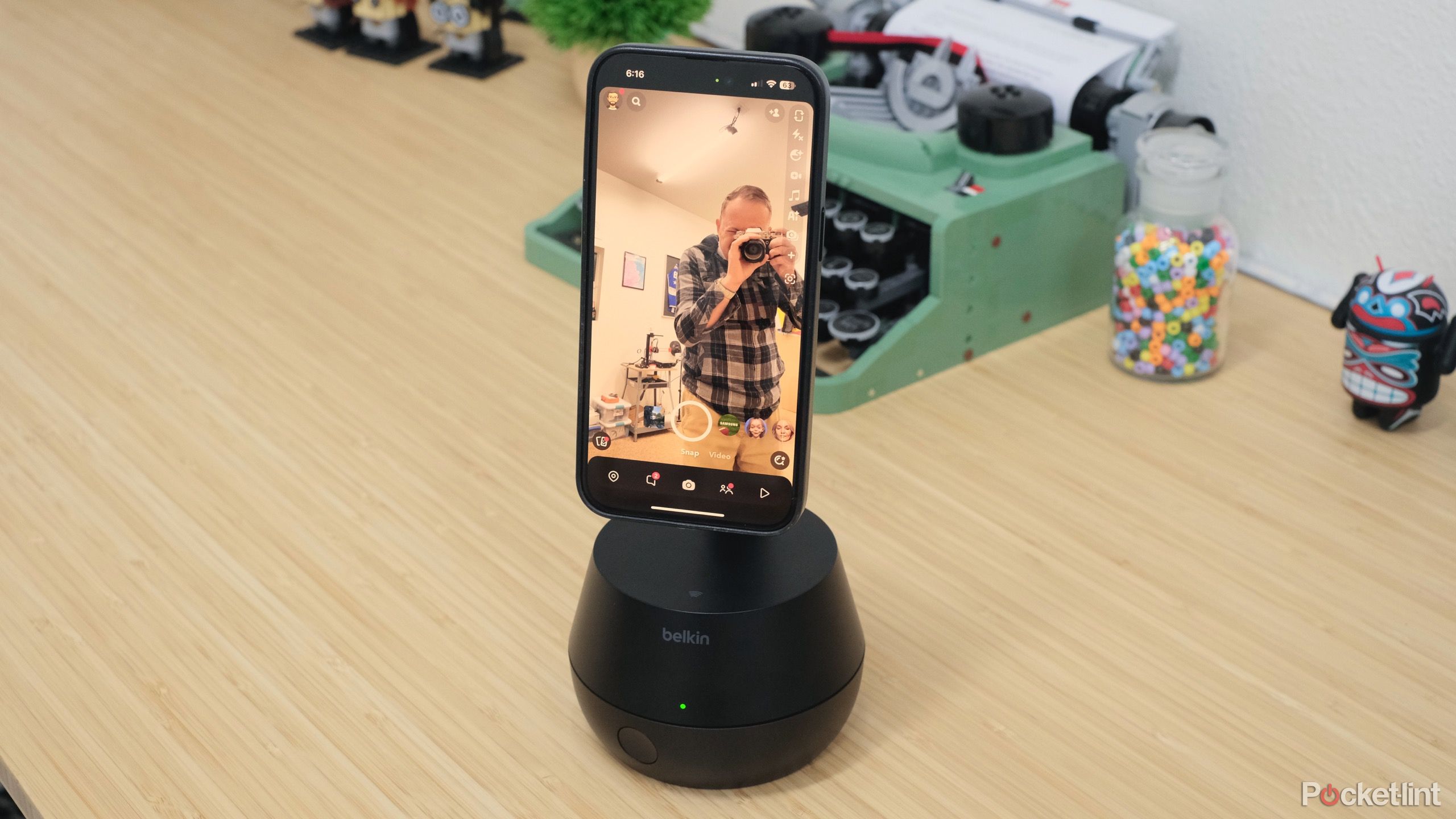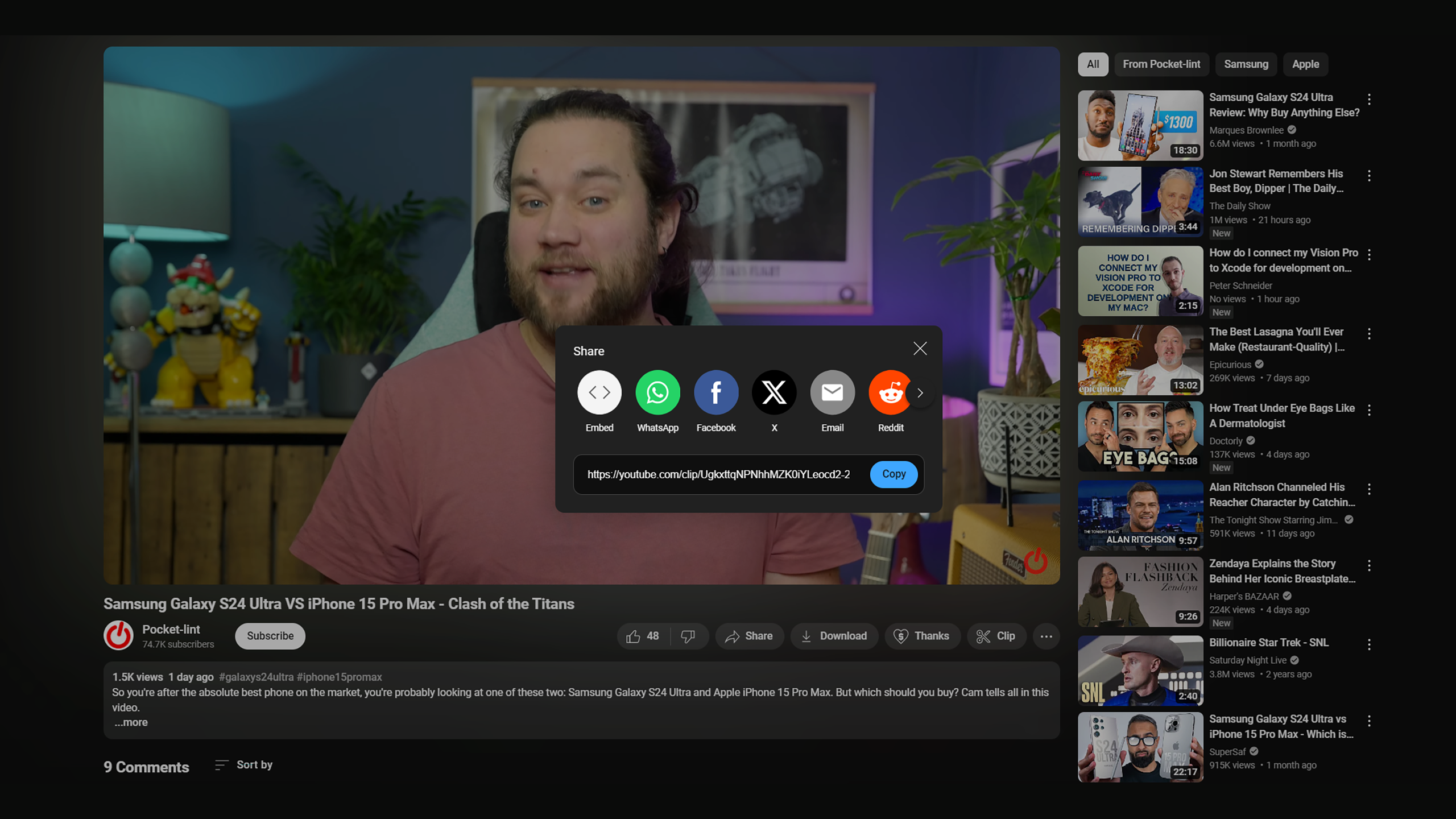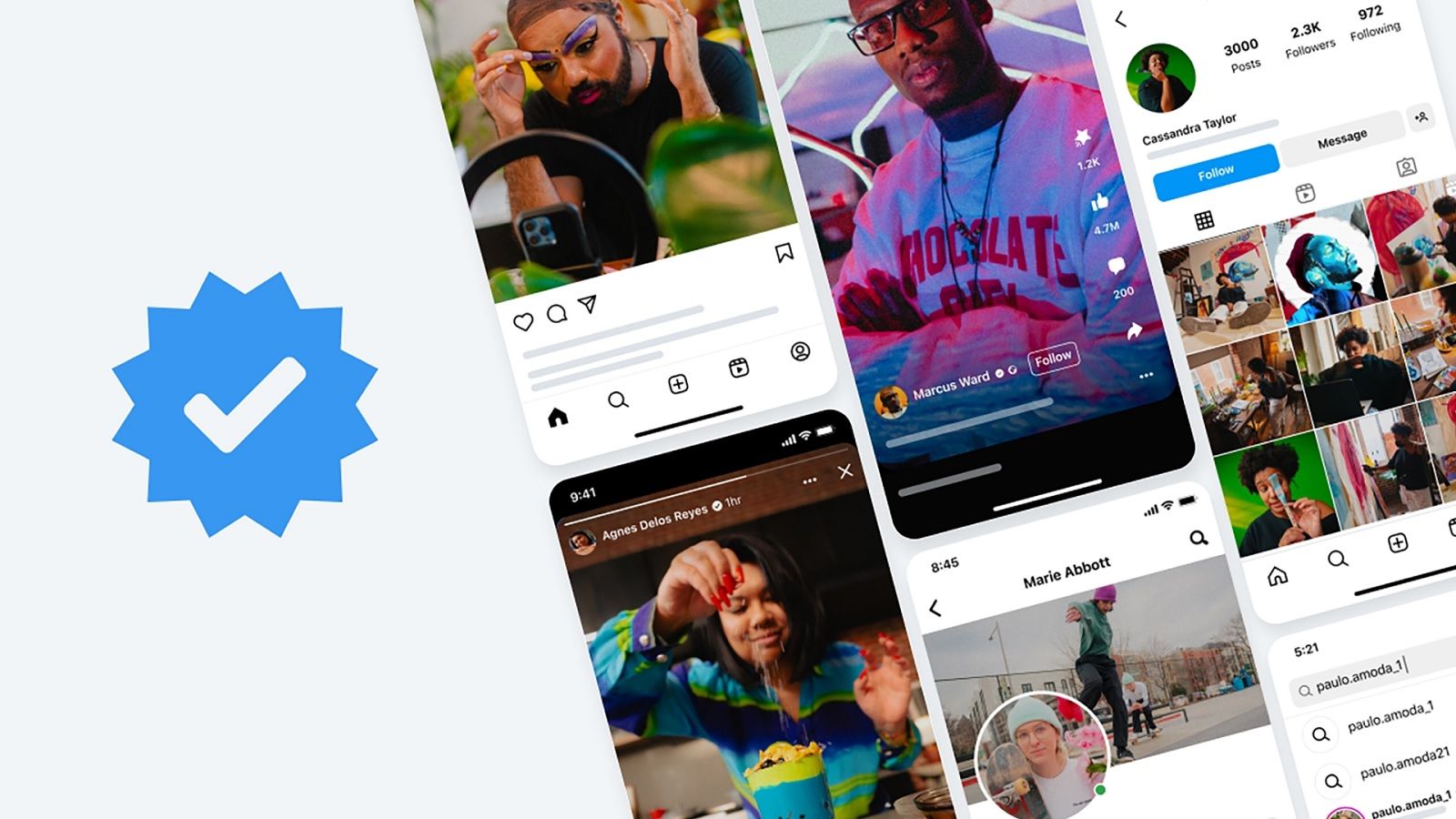Key Takeaways
- Florida passed a social media ban for kids under 14, showcasing states’ concern about minors’ exposure to topics on social media.
- Concerns arise over potential infringements on First Amendment rights surrounding censorship and the freedom of thought, expression, and speech.
- Questions around effective age verification, concerns about privacy breaches and over-regulation plague this librarian and tech journalist.
A social media ban in Florida passed this week under Governor Ron DeSantis. Over the past couple of years, there’s been a rise in social media and online safety legislation aimed at children. California, Utah, Ohio, and Arkansas also brought bills to the state level that didn’t pass, leaving Florida as the first to forge the path for heavily restricted social media. A similar bill with bipartisan support hit the national level last year. In April 2023, Senator Brian Schatz (D-Hawaii) introduced the Protecting Kids on Social Media Act, referred to the Committee on Commerce, Science, and Transportation for review, but it has yet to pass the House or Senate. Internationally, the UK proposed the Online Safety Act in early 2023, and then passed it into law on Oct. 23, 2023.
These bills are intended to aid in children’s addiction to social media and its harmful effects on minors. However, two building blocks of these bills shatter the foundation when applying just the tiniest of pressure: digital privacy and the First Amendment.
Many within the information and technology professions, myself included, raise our hackles when we see language that excuses broad data collection and creates doorways for further infringement on the First Amendment.
Even before the boom in social media, the beginning of web-based and computer-tracked data concerned members of the technology, health-care, and education fields. Many within the information and technology professions, myself included, raise our hackles when we see language that excuses broad data collection and creates doorways for further infringement on the First Amendment. Specifically, the threat to the areas of information access, digital privacy, censorship, and intellectual freedom.
As a librarian, I have a Masters in Library and Information Science, and I bet most librarians you speak with would have a lot to say about patron privacy in an uber-connected and data-commodified world. In fact, US libraries and the American Library Association (ALA) — the national body that accredits library degrees and provides professional support — were some of the first to oppose the Patriot Act of 2001, on the basis of patron privacy and First Amendment rights. Privacy is a core value of the ALA, and is seen as essential in order to exercise free speech and thought in a democratic society. These bills raised some red flags for me, after years of focusing on digital privacy.
Is your security camera spying on you? How to protect your footage and privacy
Should you ditch the smart camera after yet another privacy breach — or can you protect your data?
Social media platforms and their hold on users under the age of 18 needs a drastic overhaul. I agree with this claim, especially after teaching college students about the ins-and-outs of information literacy for eight years. But causing a major concession to privacy while supporting censorship is not the way to do it. These bills and their supporters ask the wrong questions, to complicated and stressful dilemmas facing caregivers and our young people themselves.
I want to see funding for digital literacy education for both children and parents to empower them in the information ecosystem we live in, and a degree of regulation surrounding the ability to target an audience based on data collection.
Children under 13 are not permitted to use most major social media apps due to the
1998 Children’s Online Privacy Protection
rule, which directly centers on children’s data collection without parental permission as the major concern. Reminder, we’re talking about teenagers when we talk about the legislative language in social media bans, although we do know that children
younger than 13
find loopholes to participate.
Research shows a split in parents and teens’ worries about social media
The way I see teens using social media concerns me about their own privacy and the value of their information. It’s also concerning to see a rise in bullying and drop in self-esteem, utilizing anything from Instagram Close Friends, to private Facebook pages and “finstas” (fake Instagram accounts).
However, the PEW Research center found that, while in general parents are very concerned about bullying, when asked about social media — most parents and guardians are concerned at a higher rate about exposure to explicit content and their children wasting time on social media, over bullying, peer-pressure, mental health concerns, and lower self-esteem.
On the other hand, when you look at teens’ own views about social media, the leading positives are connection to information and a sense of belonging — especially among marginalized students. While we see negative body image, bullying, and mental health, especially among young girls, as their highest negative feedback.
These platforms are major hubs of information dissemination and are, whether you want to admit it or not, primary sources of some information — and I don’t see this changing.

Is TikTok really getting banned in the US? 5 things to know
TikTok is not getting banned anytime soon, but it’s fate in the US is very much uncertain. Here’s what you need to know.
All of these areas of concern are worthy, important, and integral debates about healthy human development, but I don’t see enough focus on privacy outside the tech and library industries. These platforms are major hubs of information dissemination and are, whether you want to admit it or not, primary sources of some information — and I don’t see this changing. Blanket access restrictions and more barriers for teens to access information is something that remains a tough pill to swallow.
Rather, I want to see funding for digital literacy education for both children and parents to empower them in the information ecosystem we live in, and a degree of regulation surrounding the ability to target an audience based on data collection, not bans and blanket restrictions.
What restrictions in these bills concern digital privacy?
Florida Social Media Ban hasn’t figured it all out yet
The Florida bill first proposed a total ban for children under 16, but this wording was vetoed. The language DeSantis passed reads that all children 13 and under are not permitted to hold social media accounts, but children aged 14 and 15 can hold accounts with parent-verified permission. The bill gives social media companies until January 2025 to accomplish certain measures, or they can expect fines at a minimum of $10,000 per violation. Snapshot of the most important measures:
- Disable all existing accounts for children under the age of 14 or who are 14 or 15 without parental consent.
- Come up with a third-party solution to verify age.
The National Act explains ‘Reasonable steps for age verification’
At the national level, the Protecting Kids on Social Media Act contains similar but slightly different elements. It would fully continue the ban on children under the age of 13, require parental consent for children under 18, and ban certain algorithm practices on users under the age of 18.
One section that jumped out to me is, “nothing in this section shall be construed to require a social media platform to require users to provide government-issued identification for age verification.” For a moment I’m appeased, this outline clearly states social media companies themselves should not take this bill as carte blanche to ask for user’s government IDs.
That’s a clever addition, but as this Act is more a call to action than a proposed solution, it still raises my eyebrows — see a few lines down, government IDs come up again. The Act explains that within two years of passing, the Secretary of Commerce should create a Pilot Program that will provide “a secure digital identification credential to individuals who are citizens and lawful residents of the United States at no cost to the individual.”
And how would they do this? By allowing users to verify their age or age in relationship to a minor by uploading copies of “government-issued and other forms of identification.” It also clarifies that any third-party Pilot Program would not be allowed to keep any records after verifying age.
Some red flags from my POV
- The Florida bill suggests no solution to the third-party verification section. How will this be done?
- Current age-verification solutions have been fooled by children under 14 — the existing standard isn’t promising.
- In order to comply with verification, third-party or not, we would have to allow further surveillance on adults or teens.
- These penalties are hefty, which private companies would want to avoid at all costs — could this cause them to step over the line to collect data without third-parties?
- Speaking of hefty penalties, could this lead to the rise in premium, cost-based, social apps?
- How in the world can you enforce this without pulling an egregious amount of data?
- Third-parties can open up users to data breaches and further security concerns.

Best speakers for kids: Parent approved
With interactive story features, sound perfect to stream their favorite songs, and fun colors, these are speakers kids will love.
Pocket-lint
What restrictions in these bills concern the First Amendment?
Everyone’s favorite amendment to debate, the areas that pique my First Amendment interest surround the age restriction. Teens ages 13 to 15 use the internet in Florida, and teens 13 to 17 use the internet across the country. They also use social media as a subsection of the internet. YouTube and TikTok are some of their heaviest platforms to search for information.
What does their internet usage even look like without social media? What does their information access look like without social media? As a librarian, I felt like I was hitting my head against a wall working to entice students to use library-provided databases for research instead of just Google. But that doesn’t mean I think cutting off how an entire generation searches for everyday answers is the solution.
Not to mention that children and teens have the right to the First Amendment, including freedom of expression, thought, and speech. Parental rights are muddled with these broad stroke restrictions as well, moving parental decision-making out of their hands and into the government — or the government’s approved third-party source. Social media is ultimately a microcosm of the internet itself, and the internet is one of the most difficult forums to regulate.
In the US, we have some concessions to the First Amendment for safety. For example, we limit access in schools and designated children’s areas of public libraries, to provide computers with ‘safe search’ and certain content blockers. Schools, much like health-care, have federal regulations for data privacy in place in order to collect forms, names, ages, and records of children. These rights are granted to parents until the student turns 18. It’s called the Family Educational Rights and Privacy Act (FERPA). FERPA applies to schools that “receive funds under an applicable program of the US Department of Education.” This means this applies to institutions funded with federal public money.
How much power should the government have to mandate privately funded and operating companies to ask adults to prove their age? This could be adults either as the caregiver permitting access to 14- and 15-year-olds, creating a new account themselves, or a fresh-faced 16-year-old starting out in the world immediately allowing data collection to access the next tier of the internet. Creating a ‘next tier’ of the internet through restrictions, reeks of censorship.
Adult access to social media and some internet materials
As privacy is directly connected to the freedom of expression, thought, and speech, an outcome we could see is higher self-censorship among adults who would like to opt out of submitting more data about themselves. I can see this occurring with major social media sites, but particularly sites with explicit materials.
Adult sites or apps that contain pornography — understandably, we can all agree, we do not want children accessing — would ask users to prove their age. I wonder how many anonymous adult users would feel comfortable providing data about themselves to sites? It could go two ways: A large drop-off in users opting out, or sites or third-parties rake in the cash (data) at higher volumes than ever.

Best kids tablet: Parent approved and reviewed
The best tablets for kids are durable, educational, and entertaining.
Meta
Some positive aspects and proposed solutions
I enjoy seeing regulations challenging data collection. I’d like to see a solution that’s not such a Catch-22. Further details, development, and a fully outlined plan of how prohibiting algorithm tracking practices could work to address the concerns teens are most worried about: negative image, bullying, peer-pressure, and low esteem. How can we achieve something like that without offering companies, the government, or third-parties more personal user information?
Social media business models would likely break without advertising money and their algorithms, but I’d rather see greater protection again data tracking and collection applied to all accounts instead of just minors.
Education, education, education. Many states and nations have reinvested in digital literacy initiatives over the past few years after noticing the huge divide that became apparent with emergency remote teaching due to the COVID-19 pandemic. I have written some of this curriculum myself and seen students improve their digital literacy skills with consistent education at the college level. We need to focus on minors more in this area. Embedding digital literacy into education standards through school library media centers, technology teachers, and support from administration would be a great start.
I’d also love to see budgetary support from districts to provide tools for parents and caregivers to understand the evolving digital ecosystem.
Trending Products


















